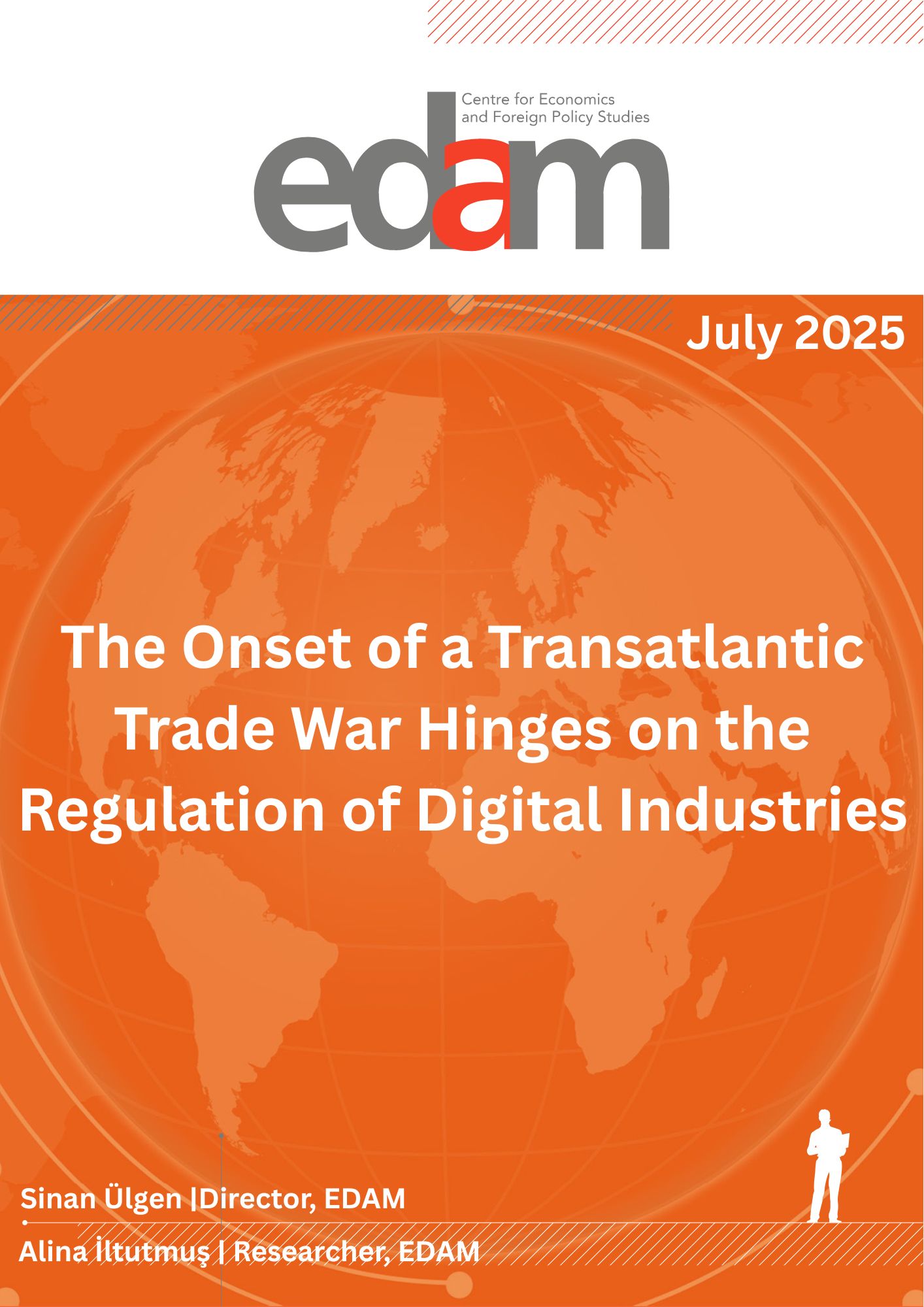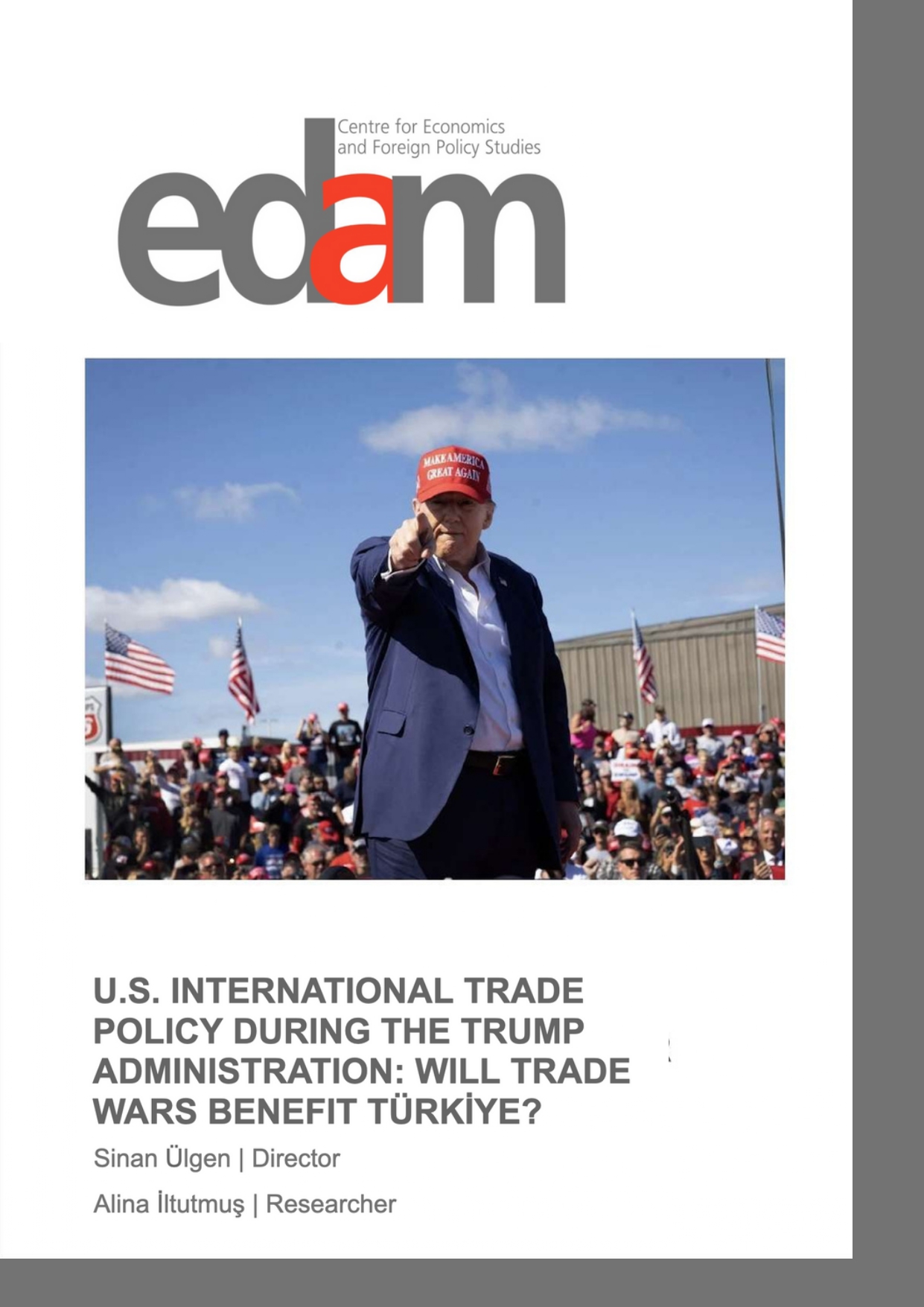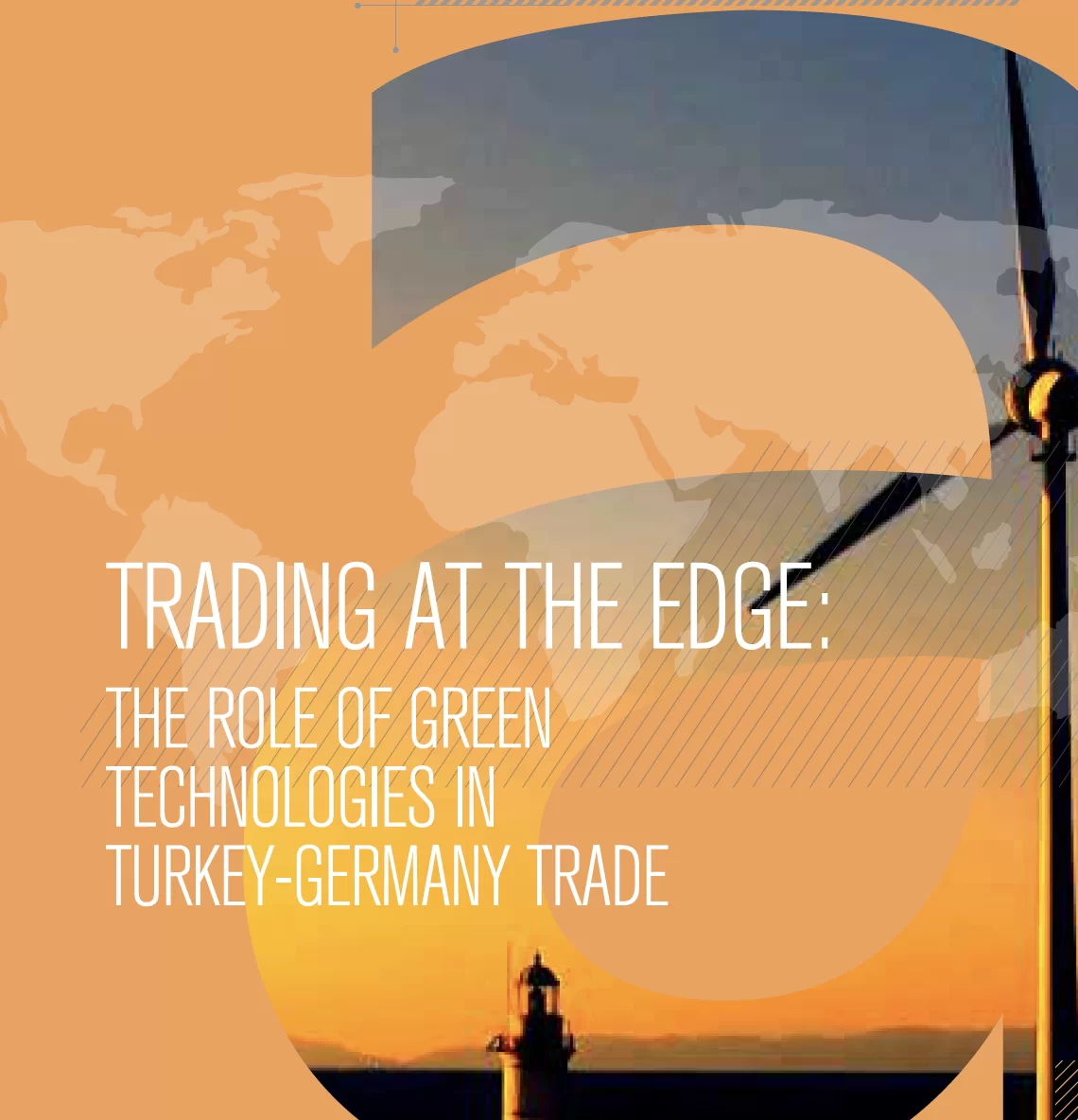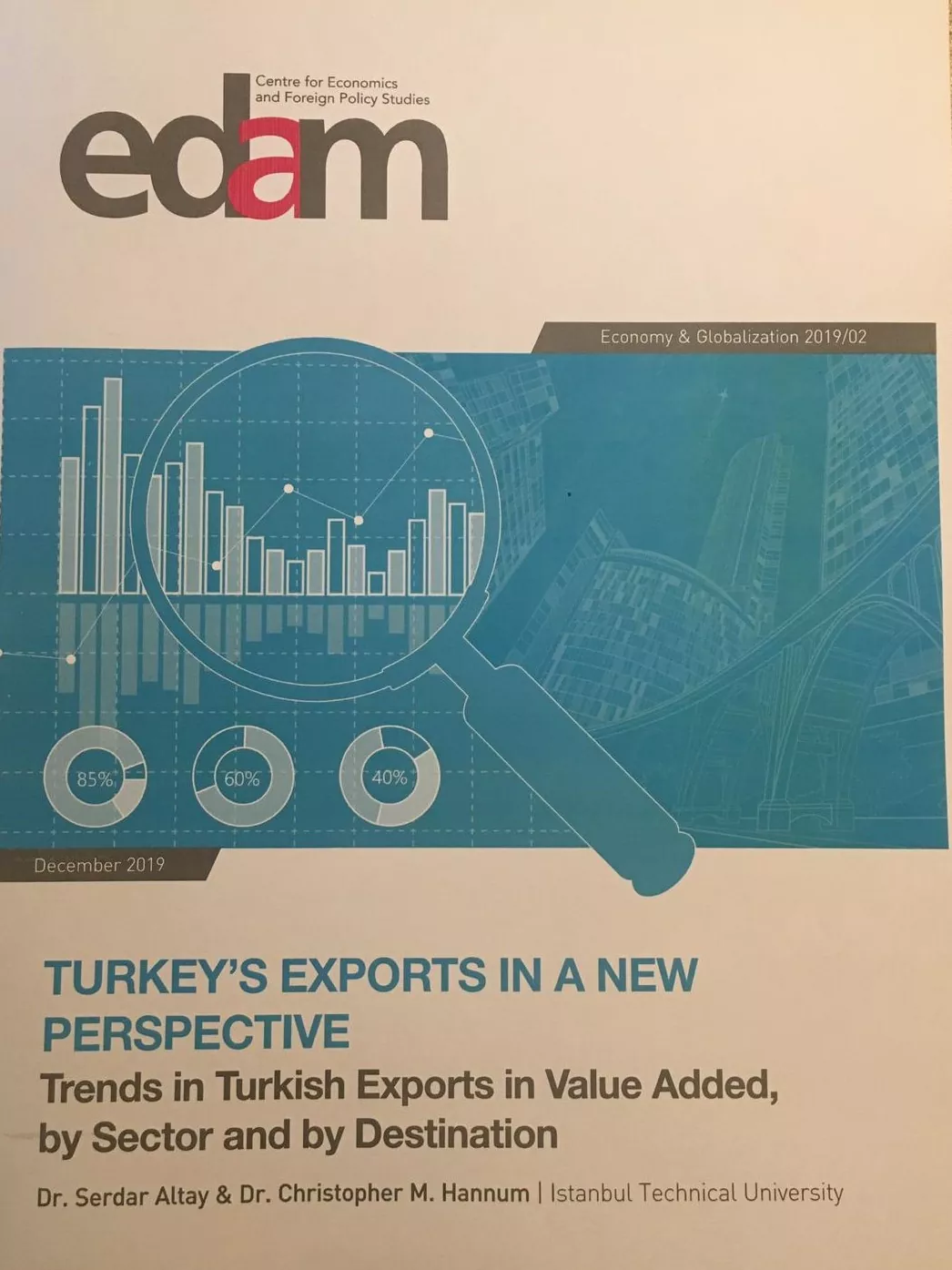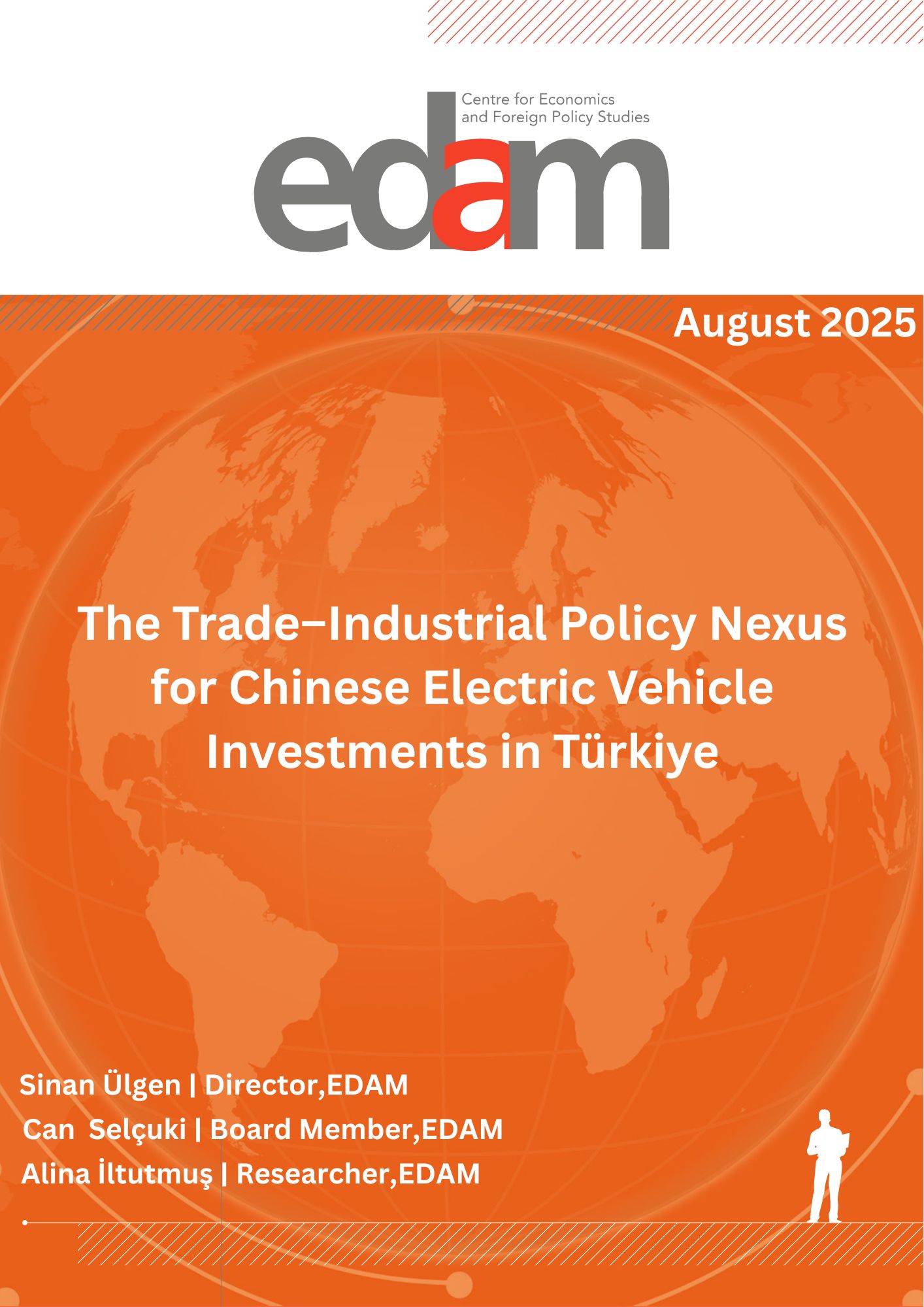
The Trade–Industrial Policy Nexus for Chinese Electric Vehicle Investments in Türkiye
Türkiye’s transport sector is a major contributor to greenhouse gas emissions, accounting for 23.1% of national CO₂ output. Electric vehicle (EV) adoption, while growing–over 10% of new sales in 2024–still represents just 1.13% of the total fleet, hindered by high purchase costs, limited charging infrastructure, and low domestic battery production. Chinese investment from firms such as BYD, Chery, and others presents an opportunity to rapidly expand EV manufacturing capacity, build battery facilities, and process upstream materials. Türkiye’s position within the EU Customs Union, competitive labor costs, and strong automotive capabilities make it a compelling production base for Europe.
However, without strategic guardrails, Türkiye risks becoming a low-value “assembly hub” dependent on imported high-value components, vulnerable to EU trade defense measures, and exposed to technology and data security risks. The key challenge is to design an industrial policy that leverages foreign direct investment (FDI) for domestic upgrading, secures market access to the EU, and aligns with the country’s decarbonization and net-zero goals.
